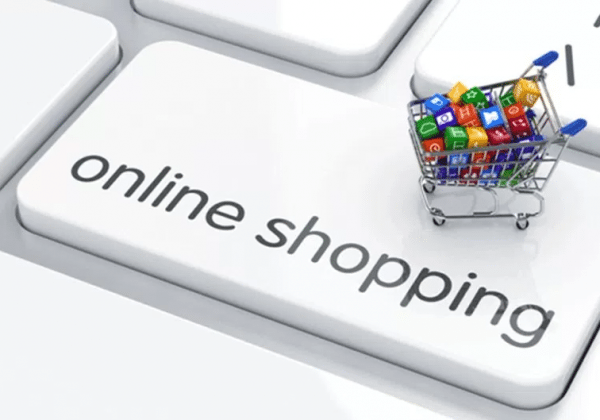Ever since the world first learned about eBay (perhaps the OG online marketplace if there ever was one), the concepts of e-commerce and online marketplaces were still relatively new.
Fast forward to 2020, and online marketplaces are booming. People cannot go a day without accessing one of them to get services.
But what makes online marketplaces so great?
In this article, we’re going to discuss the reasons these digital businesses thrive and what makes them compelling to consumers and business owners alike.
Benefits of Online Marketplaces
Retailers and buyers both benefit from online marketplaces. Not only are they cheap and convenient, these marketplaces have also revolutionized the ways consumers and business owners transact.
Benefits for the Owner
Affordability
Business owners can afford the services of marketplace developers at a relatively low price, avoiding many overhead costs.
Compare that to the expenses and downsides of putting up a brick-and-mortar store. The costs are simply not the same.
Global Reach
Online marketplaces also allow business owners to reach more customers. Why? Because 97% of today’s consumers shop at online marketplaces.
Product Reviews
Product reviews facilitate a win-win situation for owners and consumers.
Before purchasing online, most consumers read online reviews first. And such user-generated reviews count as a word-of-mouth recommendation — a highly trusted kind of advice.
And when online marketplaces have a repository of all product reviews on one platform, they provide value to consumers, who won’t need to browse multiple websites just to get authentic, user-generated information about the product.
Advertising
Although B2C makes up the bulk of eCommerce and online marketplace transactions, B2B is also a booming category.
When retailers use advertising marketplaces, they can connect with ad partners that have access to the audience they want. From here, they’ll simply buy ad space, design the ad, and share it with the target audience via the ad marketplace.
Older ways of advertising cost a lot of money and other resources. ROI was also challenging to track. Meanwhile, online ads allow more control over ad design, placement, and budget.
Benefits for the Consumer
Cheap Products and Services
On the customer side, buyers can enjoy cheaper products and services.
Since it’s a highly competitive market and retailers sidestep costs like building rentals, prices are a lot lower.
Millennial Access
Millennials, from whom the highest-selling opportunities come from, are also engaging the most with online marketplaces. Future buyers are also expected to continue this trend.
Discovery and Repeat Purchases
Customers also tend to discover more products and varieties of products on online marketplaces.
And apart from first-time purchases, consumers are using online marketplaces for repeat purchases.
Starting Your Own Digital Marketplace
Now, if you’re planning to start an online marketplace, you need to keep a few things in mind.
Pre-launch Promotion
The pre-launch promotion is one of the most challenging parts of setting up a digital marketplace. You must develop a well-thought-out marketplace promotion plan to establish a solid customer base.
Type of Marketplace
You also should decide what kind of marketplace you’re setting up. Here are some examples:
- Consultation Marketplace – a marketplace that connects people with professionals like doctors, lawyers, and consultants.
- Online Services Marketplace – a marketplace that lets people avail services like tour packages, bookings, subscriptions, and others from service providers.
- Delivery Marketplace – a marketplace where people can compare and buy products from various sellers and have the marketplace operator deliver the products to them on the sellers’ behalf. Amazon is the best example here.
- B2B Marketplace – a marketplace for B2B buyers and sellers transact. In this marketplace, sellers sell products wholesale to other businesses.
With the powerful features marketplaces provide to buyers and sellers, their widespread adoption should not be a surprise. In 2019, consumers spent $601.75 billion online with US merchants.
Overall, marketplaces are powerful tools designed to create a simple and easy online shopping experience for retailers, business owners, and consumers alike. And we’re going to see a whole lot more of them in the coming years.




Comments
0 comments